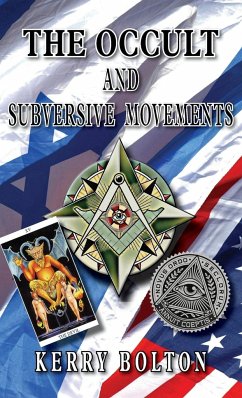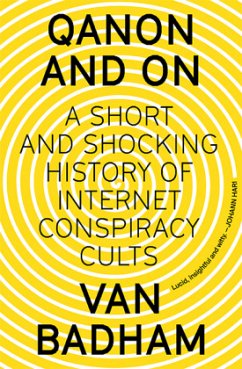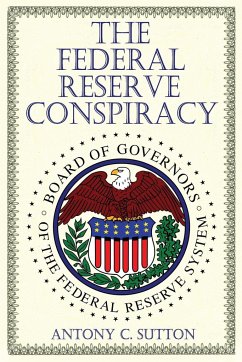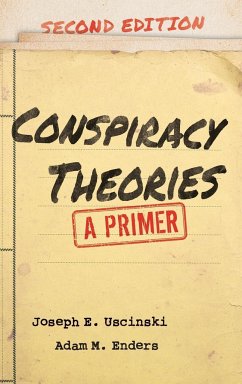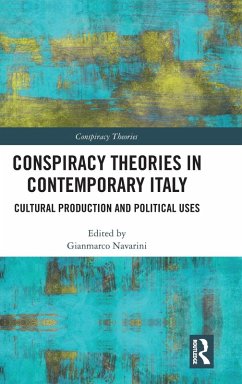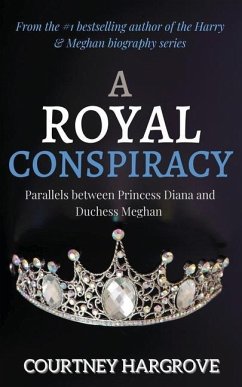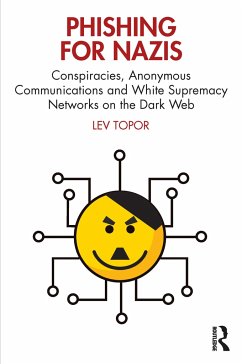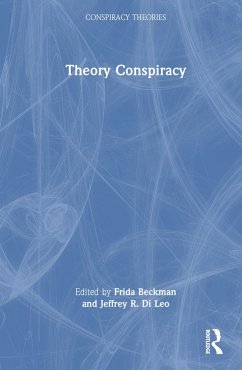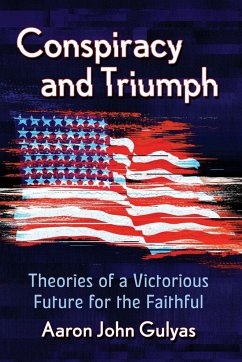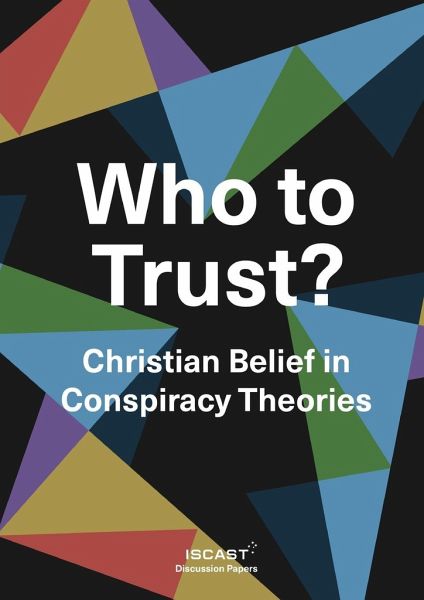
Who to Trust?
Christian Belief in Conspiracy Theories
Herausgeber: Chapman, Nigel
Versandkostenfrei!
Versandfertig in 1-2 Wochen
26,99 €
inkl. MwSt.

PAYBACK Punkte
13 °P sammeln!
Conspiracy theories are causing conflict in Christian communities. Deep disagreements are produced from mistrust of experts and authorities. Friendships are broken, families are torn apart, and people are hurt. Conspiracists feel unfairly dismissed and stigmatised. People struggle to understand, persuade, or even tolerate each other over these issues. Why does this happen, and how can we address the concerns of those involved? Who to Trust? surveys recent research and writing on conspiracism. It selects and summarises what is helpful for Christian leaders, Christian knowledge professionals, an...
Conspiracy theories are causing conflict in Christian communities. Deep disagreements are produced from mistrust of experts and authorities. Friendships are broken, families are torn apart, and people are hurt. Conspiracists feel unfairly dismissed and stigmatised. People struggle to understand, persuade, or even tolerate each other over these issues. Why does this happen, and how can we address the concerns of those involved? Who to Trust? surveys recent research and writing on conspiracism. It selects and summarises what is helpful for Christian leaders, Christian knowledge professionals, and Christian conspiracists too. The four major chapters examine conspiracy theories themselves, the way they affect politics, applicable biblical ethics for Christians, and practical questions about their effects in relationships and communities. Vaccination conspiracies in Australia are used as an exercise in thinking about them, and an appendix proposes questions for better conversations based on these chapters. Instead of dismissing conspiracy theories or labelling conspiracy theorists as fearful, delusional, or irrational, Who to Trust? suggests that we can find common ground in our Christian concerns for justice, truth, and faithfulness, and that mistrust is a constructive way to understand our conflicts on these issues.





